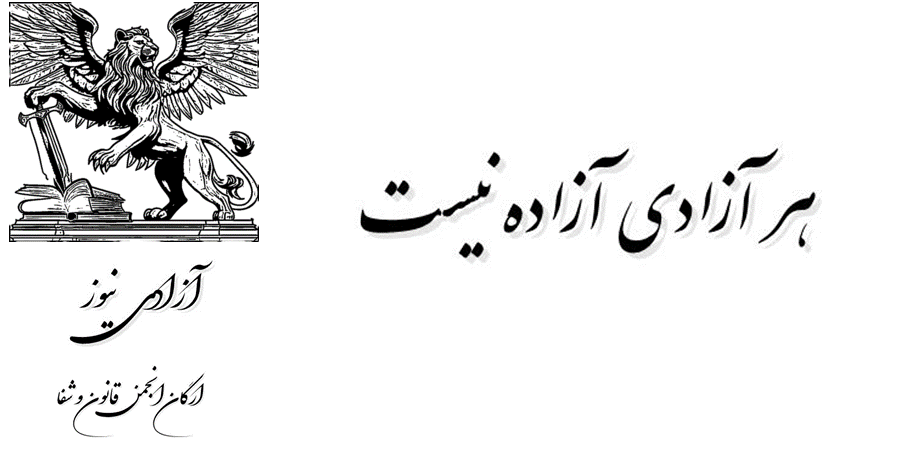Translated to English from original article in Persian
On the day the Palestinian flag was raised in England, France and many other countries, hostile to the aspirations of the Palestinian nation—a nation nurtured by the blood of its children—recognized Palestine as an independent state due to the severity of Israel’s atrocities in Gaza. Coincidentally, it was also the Day of Atonement (Rosh Hashanah) and a Jewish holiday.
This day, known as the Day of Humanity, had two faces. One was the blood-soaked syrup that Netanyahu drank, declaring the Jewish New Year as the year of the destruction of the “Iran axis” (in his own delusion). The other was the humanity that compelled many countries to acknowledge the truth of Palestine’s statehood.
Israel, which for years presented itself as the symbol of a Jewish state, faced a duality and contradiction between faith—whose pinnacle is the innocence of children, who, as Jesus Christ said, reach the Kingdom of God—and governance, whose savagery and brutality know no bounds. Naturally, it chose the latter path, once again distinguishing the path of redemptive salvation from the path of malevolence in history, with their boundaries made clear even during the Jewish holiday.
It was a holiday that belonged to the Palestinians, while the evil fell, as ever, to the villains of history.
In the Gospels, Jesus Christ speaks several times about children and the Kingdom of God. Most notably, he presents children as exemplars of humility and purity.
Examples:
Mark 10:13–16: When people brought children to Jesus for blessing, the disciples tried to stop them. But Jesus was indignant and said: “Let the little children come to me, and do not hinder them, for the kingdom of God belongs to such as these. Truly I tell you, anyone who will not receive the kingdom of God like a little child will never enter it.” Then he took the children in his arms and blessed them.
Matthew 18:3–4: Jesus said: “Unless you change and become like little children, you will never enter the kingdom of heaven. Therefore, whoever takes the lowly position of this child is the greatest in the kingdom of heaven.”
Luke 18:15–17 echoes the same theme.
For Jesus, children symbolized simplicity, trust, sincerity, and humility. He sought to show that to enter the Kingdom of God, one must approach God with the trusting and pure spirit of a child, not with pride or arrogance.
Ultimately, it is the essence and character of every human being that determines whether they count Netanyahu’s bloodthirsty promises as a holiday wish or celebrate the birth of a nation of children amid the rubble caused by the hard-hearted and narrow-minded. What is certain is that neither Solomon and his wisdom, nor David and his slingshot, nor Jesus and his salvation will be granted to the evildoers who have shattered not only the cross but all that is sacred.
The ultimate purpose of faith is salvation from the immense suffering that creation can entail. From Christ’s perspective, one must walk the path of faith and sanctity—indeed, of transcendence—to enter the Kingdom of God. This understanding of salvation, as someone who has entered the Kingdom of God, is shared by some Islamic mystics like Feyz Kashani and non-Muslim mystics, such as Sikh sages, who also see reaching the Divine as the ultimate purpose of this world’s creation.
As someone still on the journey, whose life’s treatise remains incomplete in action and state, I personally affirm their words, but with the caveat that birth and annihilation in God are not one and the same. If humanity promotes the idea that the purpose of creation is annihilation in God, it may assume the journey is already complete. In such a state, we might predict the triumph of the second disposition (savagery, governance) over the first (innocence, light) and become idle in the pursuit of justice for ourselves and others.
Dr. Amirali Rostam Davoudpour
Secretary of the Association of Law and Healing
